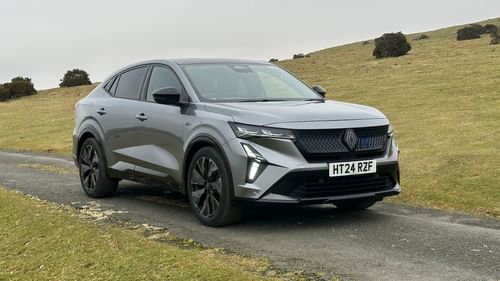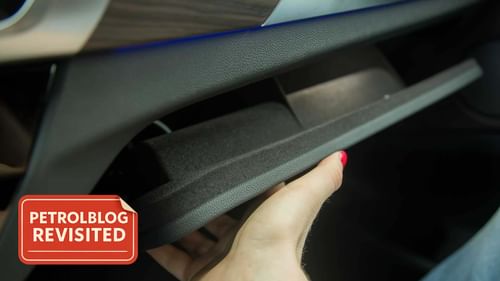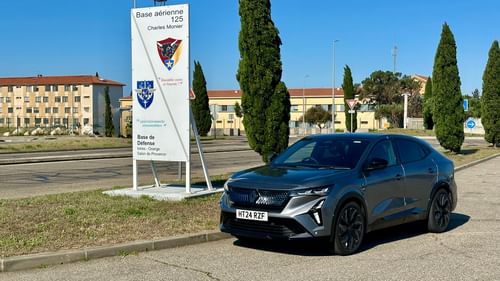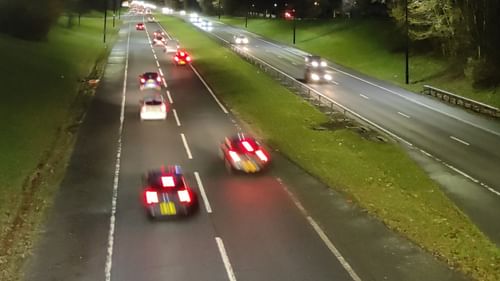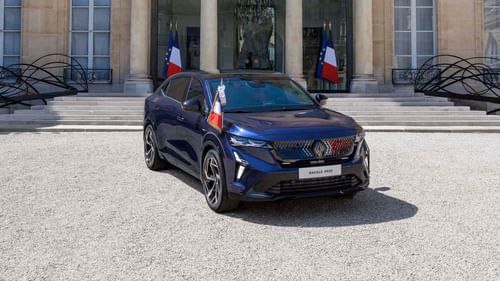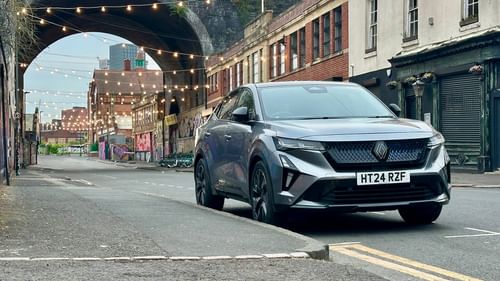The horse lived on; and so will your car
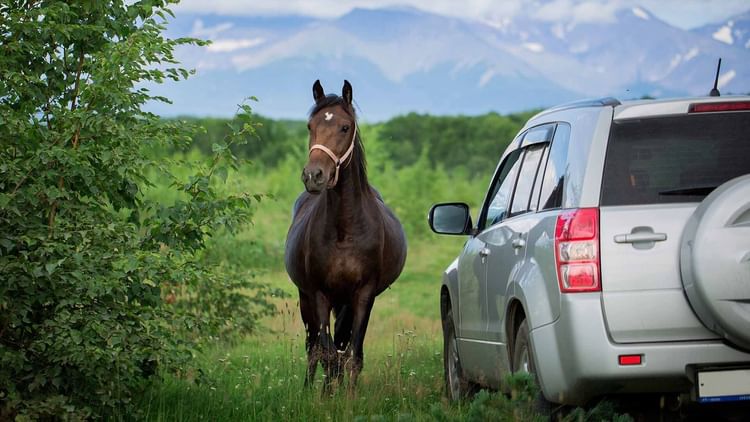
It's over. The 2030 ban on the sale of new petrol and diesel cars is lingering like a spectre over car enthusiasts across the UK. The Grim Repear is sharpening his scythe, ready to slice through modern motoring like a knife through butter.
Time, ladies and gentlemen: last orders at the bar. One last drive before nightfall. Stick a dust cover over your car and lock the garage door on the way out. Playtime is over.
Only it isn't. Far from it. In fact, this could be the greatest thing to happen to car enthusiasts since... well, last week, when Toyota launched the GR Yaris.
It makes a good headline. ‘END OF ROAD FOR PETROL AND DIESEL CARS IN JUST NINE YEARS,’ proclaimed the Daily Mail. ‘PETROL AND DIESEL BAN FROM 2030,’ declared The Times.
At best, these headlines are inaccurate. At worst, they're misleading.
Joe and Joanna Public would be forgiven for thinking they need to ditch their petrol and diesel car in 2030. The clock has started ticking. Your Nissan Qashqai 1.5 dCi has a best before date of 31 December 2029. Your Ford Focus 1.0 EcoBoost will self-destruct by the time Jools Holland has finished his hootenanny.
There are some certainties. More electric cars on the road in 2030. Diesel cars are likely to be as welcome as a cheeseburger at a vegan wedding. And people will be tripping over charging cables like a demented Bez on Top of the Pops.
But like Celine Dion's heart, your car will go on. Sales of used petrol and diesel cars will continue. You'll still be able to buy fuel, albeit after negotiating a long queue to use the electric car charging points. Your favourite B-road will still be there. It's not the end.
The Ban Isn't a Mare

To cement this point, consider the humble horse. Man's other best friend has faced many challenges. The industrial revolution and the mechanisation of farming. The birth of the automobile. Even World War One.
Today, the horse has found its groove. There are, as near as makes no difference, 850,000 horses in Britain. Around 1.8 million people jump on those horses at least once a month. That's rather a lot of horseplay.
These horses provide zero emission transport for equine lovers. That's if you exclude the steaming pile of fly-ridden dung they leave on the road. If you think the situation on your local lane is bad, consider the social challenges when the horse was at the heart of industry and farming.
“An urban workhorse dumped between 20 and 50 pounds of manure a day on the street along with a gallon of piss,” wrote Andrew Nikiforuk in 2013. Ninety-five per cent of all disease-carrying flies bred in horse dung. And you thought your neighbour's smoking X-reg Ford Transit was a dirty beast.
The point is, horse riding has become a hobby. Although there are no official statistics to support this, horses aren't used for daily commuting. Few people use a dobbin to collect their groceries from the click and collect. When was the last time you saw a horse on the school run?
Instead, the horse is arguably appreciated more today than at any point in history. Whether it's for racing, recreation or competition, a horse is likely to be loved and cherished. A bit like the way you love your car.
The Car: Long May it ‘Rein’

Horses are used for pleasure. That's what the future has in store for your 80s hot hatch, your 90s performance coupe and your V8 saloon. Driving for the thrill of it. Let the electric car deal with the slog to the office, the school run and the tedious trip to your in-laws.
The roads will be quieter, because everybody else will be consuming their daily sugar intake in Starbucks while waiting for their Nissan Leaf to charge. Country lanes will be virtually empty, as electric car owners will fear straying too far from the national grid. Besides, in a post-covid world, half of the country will be pretending to be working from home while watching re-runs of Jeremy Kyle in their pyjamas.
There are many reasons to be optimistic. Cleaner and quieter cities. Communities built around keeping our retro and classic cars alive. The Toyota GR Yaris becoming affordable. Grey imports of seriously cool new cars from America, Europe and Japan after the 2030 ban. Don't say you hadn't considered that.
Sure, life will almost certainly get more difficult for car enthusiasts. In an effort to increase the appeal of electric cars, we can look forward to classic ‘carrot and stick’ methods of encouragement. Fuel will get more expensive. Petrol stations will close. Anything other than a car with zero emissions will be forced to pay to enter many cities.
Still, you can probably cope without driving into Birmingham, Stoke or Luton.
Why The Long Face?

Only the blinkered would argue that the future is chocolate and roses. There's a sadness associated with the sun setting on petrol cars. The meat grinder will stop functioning. When a petrol car is scrapped, there won't be another one to replace it. The decline is inevitable.
However, the industry is too much of a monster for it to disappear in just a decade. There are too many jobs at stake. The government relies too heavily on income from motorists. We have too many memories wrapped up in our motor cars. It's been said before, but cars are more than just lumps of metal.
Our tastes might be different, but from AX to Zenvo, and Austin to Zastava, we're united in a love of all things on four wheels. The horse survived the transition from workhorse to pleasure – so will your car. And as the barman said to the horse, why the long face?
Oh, and don't believe anything you read on the front of the Daily Mail.
